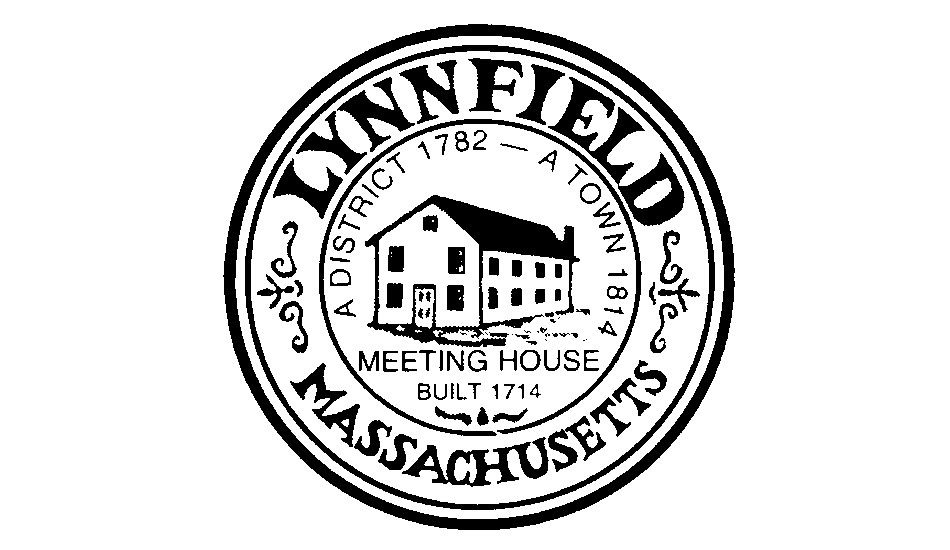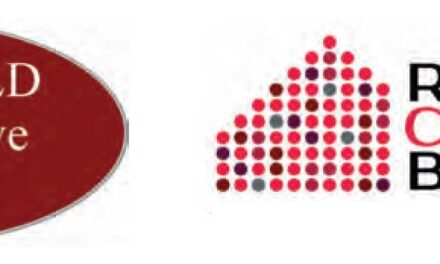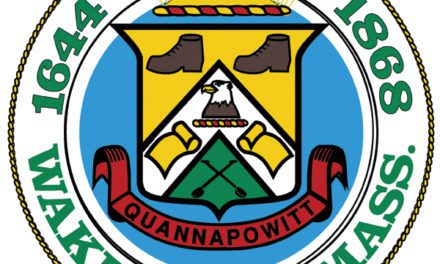By DAN TOMASELLO
LYNNFIELD — Town Administrator Rob Dolan unveiled the proposed operating budget for fiscal year 2024 during last week’s Select Board’s meeting.
Dolan said the proposed $65,049,217.48 operating budget for FY24 represents a 3.4 percent increase over FY23’s $62,930,355 spending plan.
“There is a purpose when we put a budget together,” said Dolan. “That purpose is to provide the best quality services at the greatest price for the people of Lynnfield. This is a sustainable budget.”
Dolan said there are no new positions included in the FY24 operating budget. He recalled that Fire Chief/Emergency Management Director Glenn Davis had requested four permanent firefighters to work overnight shifts due to improve the Fire Department’s responses to calls at night. Dolan said Davis is applying for a “substantial” Staffing For Adequate Fire and Emergency Response (SAFER) Grant from FEMA that would fully fund the four positions for three years.
“I think we have a good chance to receive it, which would solidify the Fire Department’s staffing model,” said Dolan.
Additionally, Dolan did not fund Chief Nick Secatore’s request for a full-time police investigator.
Dolan noted that the town has finalized three-year collective bargaining contracts with most unions with the exception being the Lynnfield Police Association. He said town employees will be receiving a 2 percent raise in FY24.
“These are responsible contracts,” said Dolan. “There is some strategic funding within those contracts to deal with specific issues each union may have.”
Dolan is projecting property tax revenue will be increasing by $1,219,621 in FY24, which will encompass $48,784,840 of the town’s operating budget. He is estimating new growth will be $275,000 in the next fiscal year.
“We are primarily a residential community that relies on property taxes to fund our services,” said Dolan. “We are clearly seeing a return to pre-MarketStreet new growth numbers. Since I have been town administrator, we have only had $500,000 in new growth one time. That is a new reality for Lynnfield. We are obviously doing a lot more with a lot less. We are looking forward to the new Sagamore development providing some more new growth. We also want to balance that constant struggle between bringing in more revenue for the town and what that new growth does to affect our community. That is a constant struggle for most communities.”
Dolan said the town will be able to offset the lack of new growth by receiving a projected 16 percent increase in state aid in the next fiscal year. As part of Gov. Maura Healey’s proposed state budget, the town is projecting to receive $5,945,010 in Chapter 70 education aid and $1,228,849 in unrestricted government aid.
“This is a historic investment in local government by the governor,” said Dolan. “Former Gov. Charlie Baker said over the last eight years that he would tie state aid in with growth of the state economy. Gov. Healey has also done that. State revenues are at an all-time high, and the state is seeing multiple forms of new revenue coming in such as the millionaire’s tax and sports betting.”
Dolan recalled the state’s Operational Services Division (OSD), which develops tuition prices for more than 200 approved special education programs in 100 private schools, has set a 14 percent increase for special education out-of-district tuition in FY24.
“What we are seeing statewide is a post-COVID crisis in our schools in early special education and the social-emotional well-being of students,” said Dolan. “We do not want to place this on the backs of special education students. We have a moral and legal obligation to support them. Every member of the board has sat down with members of the special education department and the superintendent individually, and has been thoroughly educated about the crisis that we are not only seeing in Lynnfield, but every community in the commonwealth. They all have the same challenges, and these prices are skyrocketing. In reflection of that, the governor has increased local aid in Lynnfield by 16 percent. That is almost $1 million. That allows us to bridge the gap with our schools without having any structural problems in our budget.”
Dolan said all town departments’ budgets are being level funded with the exception of the School Department, whose $29,656,549 spending plan for FY24 represents a 4 percent increase over the $28,515,911 budget for FY23.
“The 4 percent increase primarily includes the School Department’s contracts as well as the challenges they are seeing in special education costs,” said Dolan. “The School Department has identified efficiencies that were brought forward in their budget, and I think they have done a responsible job.”
Dolan said the town is not using any Free Cash to balance the FY24 operating budget.
“Local government is the only level of government that must have a truly balanced budget that is not only audited internally, but is audited by an independent auditor as well as the Commonwealth of Massachusetts,” said Dolan. “This budget will ensure the town sustains a good capital program in the future.”
Dolan is projecting local receipts will be increasing $100,000 in FY24, totaling $5.3 million. He recalled that local receipts include fees, permits, licenses, motor vehicle excise taxes and the local meals’ tax option.
“Exercise taxes make up 50 percent of our local revenue,” said Dolan. “One would think that due to the fluctuation of prices for new cars and used cars that people wouldn’t be buying automobiles, but that is not the case. We are projecting a modest 1 percent increase in local receipts. We are confident that these numbers have come in appropriately.”
Dolan has projected that the Group Insurance Commission’s health insurance costs will be increasing by 6 percent, equaling a $425,917 spike. He has budgeted $3,592,707 for health insurance costs in FY24.
“The average has been 3 percent over recent years,” said Dolan. “The increase in the GIC is based upon people going back to the doctor thankfully as well as people getting a lot more care post-COVID.”
Dolan said pension costs will be increasing by 6.6 percent in FY24, totaling $3,674,466.
“We are in a regionalized system,” said Dolan.
Dolan was able to cut the Board of Assessors’ budget by 41.6 percent in the wake of the town forming a regionalized Assessing Department with Wakefield and Reading.
“We are sharing services,” said Dolan. “I think we can do more of that in the future.”
Dolan is projecting the assessment for sending students to Essex Tech will be decreasing by 14.6 percent, which will be saving the town $102,942.
“There is a reduction of seven students,” said Dolan. “That ebbs and flows throughout the years. Essex Tech is an outstanding school that a number of our students take an advantage of.”
Dolan is also recommending that $150,000 be appropriated for the Stabilization Fund, which is the town’s rainy day fund. He noted that the Stabilization Fund currently has a $2.5 million balance.
“We continue to build reserves to prepare for an economic downturn,” said Dolan.
Dolan recommended that $50,000 be allocated to the Capital Facilities Maintenance Fund. He also proposed appropriating $100,000 for the Other Post-Employment Benefits (OPEB) Trust.
Select Board member Dick Dalton thanked Dolan, Town Accountant/Assistant Finance Director Julie McCarthy, Assistant Town Administrator Bob Curtin and Superintendent Kristen Vogel for working collaboratively to develop the FY24 operating budget.
Select Board Chairman Phil Crawford agreed.
“Fantastic job,” he said.
After the discussion, the Select Board voted to send the FY24 operating and capital budgets to the public hearing, which will take place on Monday, March 27, beginning at 6 p.m. in the Al Merritt Center.






